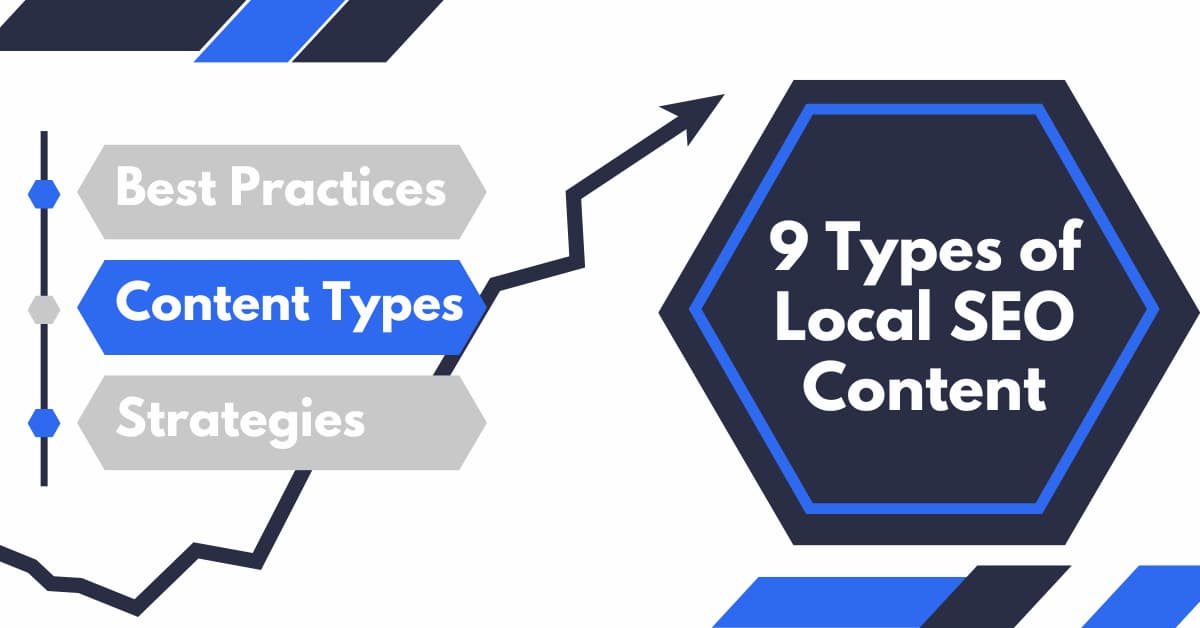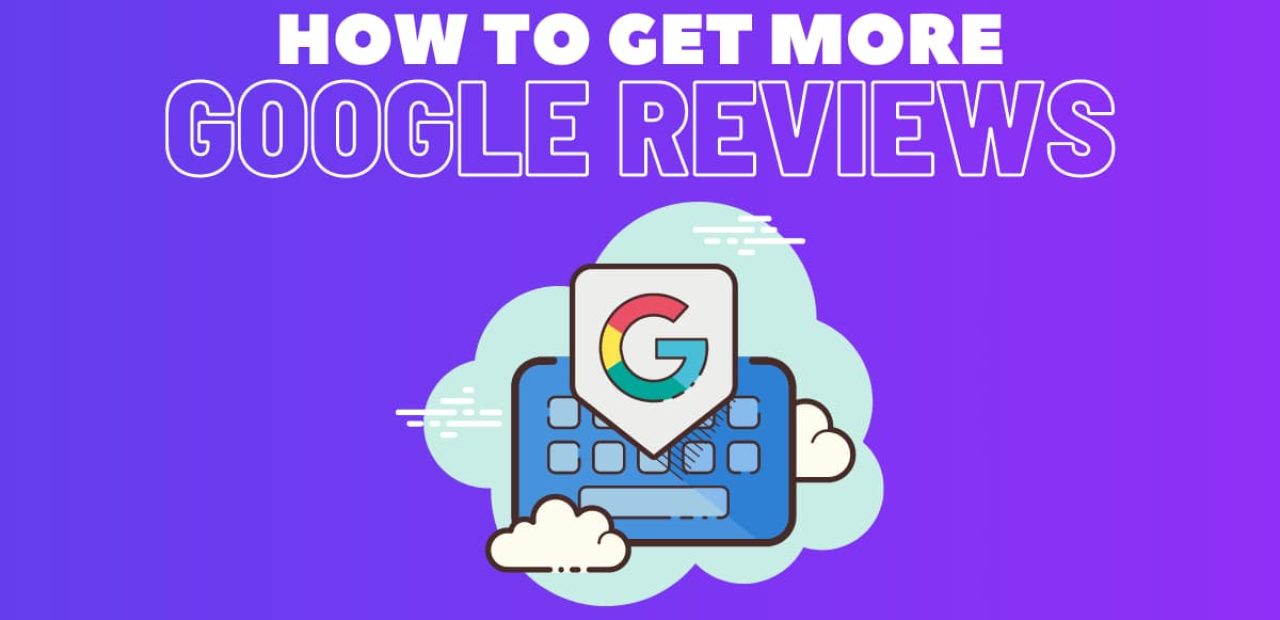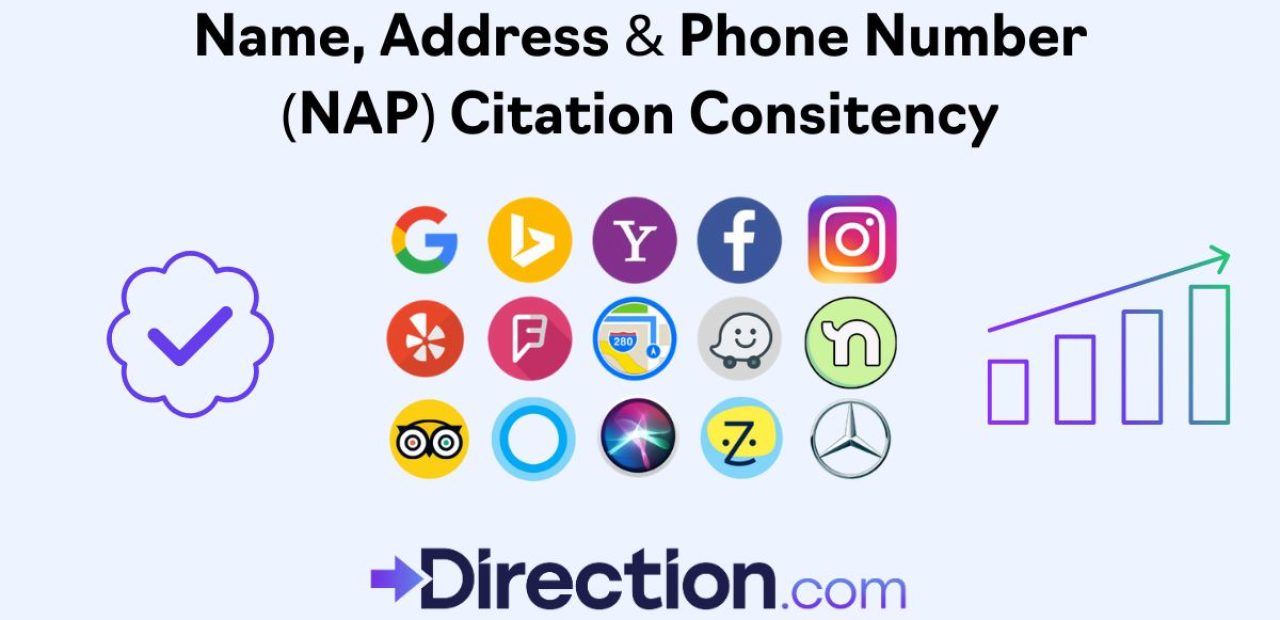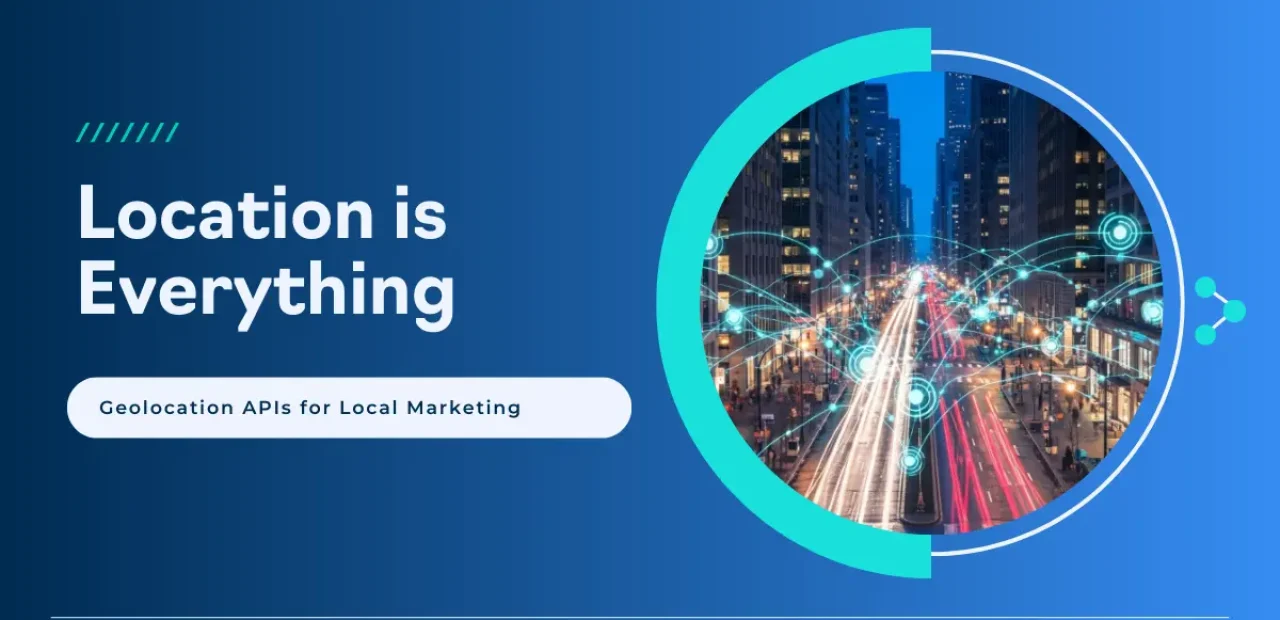Crafting local SEO content is like speaking your customers’ language, ensuring your business is heard and found in the right places
Content is an often overlooked piece of the local marketing puzzle, but creating the right content can help improve your local search engine rankings and provide a good buffer against your competitors who might also be starting a local SEO strategy.
We’re going to walk you through 9 types of content that are powerful additions to your local SEO strategy.
You’ll learn how each type of content contributes to boosting your site’s visibility and getting more eyes on what you have to offer.
What is Local SEO Content?
Local SEO content refers to the creation and optimization of website content with the aim of targeting a specific geographic location.
It involves incorporating relevant keywords, location-based information, and providing value to the local audience in order to improve visibility in local search engine results and generative engine queries.
By tailoring content to a specific location, businesses can attract and engage their target audience in that area, increasing the likelihood of driving local traffic and conversions.
How Do You Write Local SEO Content?
When it comes to running a successful business, having a strong online presence is vital.
But how do you reach your local audience and attract more customers?
The answer lies in writing content that’s optimized for local SEO. By creating targeted, high-quality content tailored around what potential customers are looking for within a certain geographical area, you can make sure your business stands out from the competition.
Here are 3 suggestions for writing content that’s optimized for local searches.
1. Sprinkle Local Phrases In Your Content
Including local phrases in website content can be a great way to boost local SEO rankings, because search engines pick up on words and phrases that are related to a certain area.
Including them in content helps search engines map the relevance of the page to that particular locale.
The most effective local phrases to include in website content depend on the type of business being marketed and its geographic focus.
For example, if your business operates within a single city or state, then it makes sense to incorporate terms like “[city/state]” or “in [city/state]” into your website content.
Additionally, other local terms such as “near me” or “local [industry]” can be used for businesses that serve a wider region.
On top of this, we recommend including geo-specific modifiers such as zip codes, area codes, and street names in web pages to further improve local SEO rankings.
2. Write in Natural Language
A conversational writing style helps to create an emotional connection and encourages readers to interact with your content, which is key to achieving higher local search rankings.
When writing in an approachable tone, businesses should ensure they avoid industry jargon or overly technical language as this can be off-putting for the average reader.
This can be further enhanced by using storytelling techniques, such as anecdotes and case studies, which allow businesses to show how their products or services have helped previous customers, while giving potential customers insight into what they could expect if they choose them over competitors.
3. Images Are Your Unsung Hero
Images are an important part of modern marketing, and they will help to make content more engaging to your readers. Images can also provide an excellent visual representation of the topic, making it easier for people to understand the content.
Google’s photo search algorithm has been designed to recognize certain features within an image, such as landmarks or geographical locations. By taking advantage of this feature and including relevant images that Google can recognize, businesses can further increase their chances of being discovered in local searches.
This is especially true if the images are related to the area in which the business operates; for example, if a restaurant is located in New York City, using pictures of local attractions may help to increase its visibility in local searches.
In addition to increasing visibility with photo search algorithms, adding local images also helps build trust among potential customers by showing them that your business knows the area well.
9 Types Of Local SEO to Boost Your Rankings
1. City-Specific Landing Page
Creating effective city-specific landing pages requires careful planning and thoughtful execution. First, you need to determine which cities you plan to target for your local SEO efforts. Once this is determined, create separate pages for each target city or region by using descriptive titles and headings that include the location name.
The content on these pages should include relevant keywords and phrases, such as the location name, city name, ZIP code, and nearby cities.
Make sure to also include contact information that includes a phone number and address associated with the specific city or region to provide users with more accurate information.
Additionally, link internally between your landing pages as much as possible to increase PageRank within the website while also providing users with an easy way to navigate between locations.
2. State Or Regional Landing Page
When creating state and regional landing pages, it is important to have unique content on each page. Each page should include relevant information that is tailored specifically for the local market, such as highlighting your products or services that are popular in the area and discussing topics related to the local community.
It is important to use location-specific language such as city names, neighborhoods, landmarks — the same type of qualifiers you might use in a city-specific landing page.
Another tip for creating effective state and regional landing pages is to optimize the page for both desktop and mobile users.
Since many people conduct searches from their mobile devices, having a web page optimized for mobile use will help improve user experience and make it easier for customers to find what they need quickly.
3. FAQ Pages
FAQ pages typically contain comprehensive answers to common questions related to a business’s product or services in its local area.
This helps local businesses get found more easily in search engine results and makes it easier for potential customers to find the answers they need quickly (especially if an answer earns a rich snippet position).
Answers should be concise but fully descriptive so potential customers can get a comprehensive understanding of the business’s services.
For instance, a law firm might answer a question about the types of cases handled by the firm, including a list of services offered and a brief explanation of each such as “We specialize in personal injury cases including car accidents, slip and fall injuries, medical malpractice claims and more.”
Linking to supporting content or providing contact information in your answers should also be included so visitors can easily navigate to additional resources or reach out if they would like to schedule an appointment with a sales rep.
Lastly, we like to use information on our FAQs to inform Q&As, which we post to our Google Business Profile. Adding this type of content to your GBP is a great way to get a leg up on your competition in local search, as Google likes to show relevant information about a business without having to send their users to an external site.
4. Specials & Promotions
Providing customers with a quick and easy way to find out what deals and promotions you have on offer is a great way to keep your business in the search spotlight.
In addition to providing customers with information on current promotions, you should also include other features on your web pages to increase visibility for local searches; these features include listing:
- address information
- hours of operation
- contact details
You should also consider including reviews from past customers, which can help potential customers get an idea of their experience before making a purchase.
From an SEO perspective, you should ensure that your web page includes meta-tags containing relevant keywords related to your offerings. Additionally, you should regularly update your website content so that search engines have fresh content to index when ranking websites.
Another pro-tip, is to cross-post deals and promotions to your Google Business Profile and other relevant directory listings to ensure you get the most amount of eyeballs on your content.
5. Local Events
A business might promote local events on its website as part of a local SEO strategy because it sends out the message that they are invested in the community.
Promoting local events also encourages people to engage with the business, as well as allows them to network with other like-minded organizations.
Additionally, by promoting specialized events such as charity fundraisers, job fairs, and educational seminars, it can show potential customers that the company is socially conscious and wants to help make a difference in the area.
By listing local events on your website, you can demonstrate your knowledge of the area, ultimately, increasing your online authority and building more trust in the community.
All things considered, there are many benefits associated with promoting local events through one’s website — both when it comes to strengthening customer relationships and gaining more exposure through digital marketing initiatives.
6. Blog Content
Local blog content can be used to inform and educate readers about topics related to the business’s product or service, as well as other relevant issues occurring in their area.
This type of content should include information that is of value to users and answer questions that someone may be searching for in their area. Additionally, local blog content should be populated with information that promotes the business’s products or services and establishes its authority in the local market.
By creating fresh, informative, and engaging blog posts on topics related directly or indirectly to your products or services, you can further increase your visibility on search engines while simultaneously building relationships with customers.
7. ‘Best Of' Guides
“Best of” guides, like our chapter on the top local citation services, are a type of content that is designed to create an authoritative and informative list of the top products, services, or businesses in a given category.
They are usually compiled by experts, reviewers, or influencers with knowledge and experience in the topic, who have identified and ranked the best options available.
This type of content can be beneficial for local SEO because it provides valuable information for both search engines and users alike.
For search engines, this type of content will help increase the relevancy your website has for certain keywords by providing detailed information about local businesses. This can result in better rankings for those pages within the SERPs, which can then lead to more organic traffic being driven to those pages.
For users, “best of guides” provide useful information that helps them determine which business is right for them based on their needs and preferences. This kind of content will also help build trust and credibility with these users as they are presented with reliable sources that provide helpful advice regarding their selection process.
8. Press Pages
By creating press pages and actively distributing press releases, businesses can build strong relationships with local media outlets as well as attract search engine attention.
When featured in local newspapers, radio shows and other media outlets, businesses can gain more credibility and trust from their target audience. This trust and attention can then be leveraged to achieve better rankings for their website in local searches.
In addition, press releases provide websites with backlinks which are crucial for increasing visibility. As the amount of backlinks increases, so does the likelihood that a website will rank higher in search engine results pages (SERPs).
Press releases can also be used to share news and updates about businesses, products or services. Through press releases businesses can inform readers of new innovations they have made or upcoming events they might have planned. This type of content is key for capturing attention online and creating interest among potential customers or partners.
9. Competitor Landing Pages
A competitor landing page is a type of web page designed to help identify and compare the services, products, or prices of different businesses in the same industry. Having several of these pages on your website can be tremendously beneficial for local SEO and customer perception.
Having such content on your website also helps improve customer perception. By displaying information about competitors alongside content about your business, you demonstrate that you’re knowledgeable about the industry as well as confident enough to show potential customers what else is out there for them to consider.
Your prospective clients will appreciate knowing that they don’t need to do all the research themselves since it’s already been done for them on your site.
Additionally, these pages allow customers to get a sense of how competitive your pricing is compared with other businesses while also providing them with a better overall understanding of what you offer and why they should choose you over others.
Most importantly, by creating these types of landing pages, you can earn rankings for your competitor’s keyword phrases, allowing you to hijack segments of their organic traffic.
Key Takeaways
Your business should use a variety of content types to create a robust local SEO presence and increase your chances of ranking in local search results.
Not only does this type of content help with rankings, but it also builds trust within the community by demonstrating that your business is a flagship resource for local information.
When creating local content, there are certain strategies you can use to make sure it’s effective, such as using schema markup, writing in a natural language, using location-specific terminology, and incorporating local images.
If you’re not sure where to start or how to incorporate these strategies into your current content marketing plan, contact our team today to schedule a free local SEO consultation.
We’ll be happy to assess your needs and offer recommendations on how you can improve your local SEO presence.






